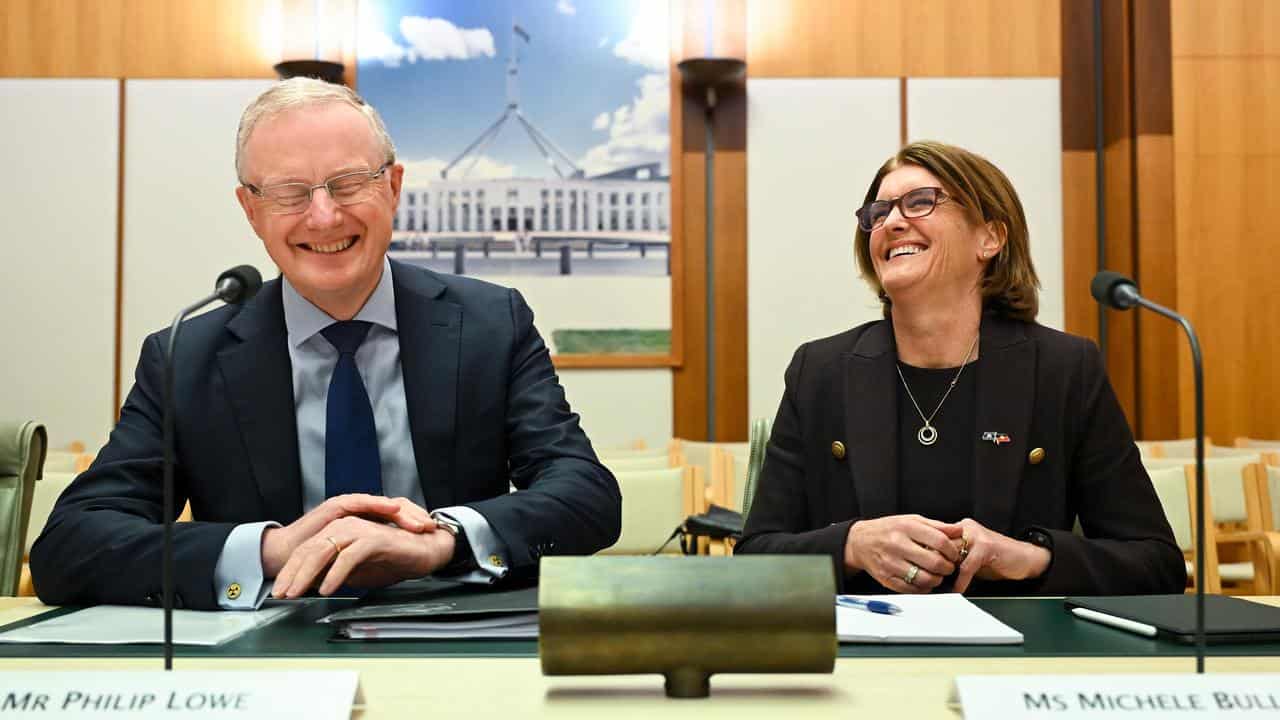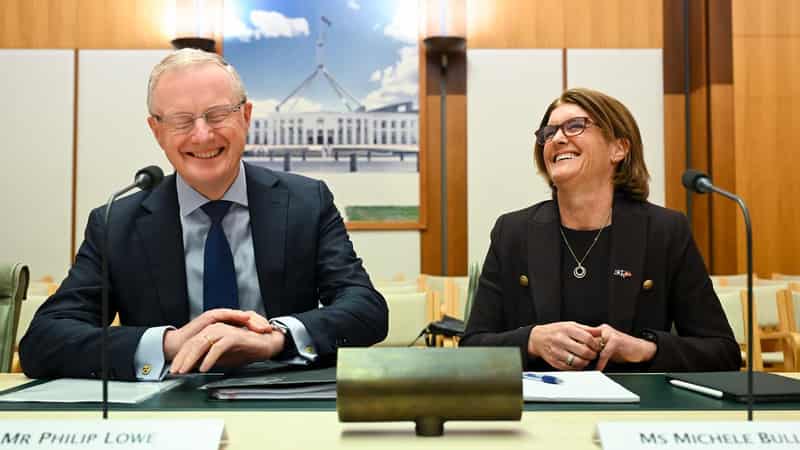
It's been harder than expected to dislodge surging price pressures.
But the Reserve Bank boss believes there's a credible path to returning inflation to target in the next few years while keeping most people in their jobs.
Outgoing governor Philip Lowe said no one, including him and his colleagues at the central bank, anticipated such persistent inflation back when it started hiking interest rates last year to head off rising consumer prices.
But he said central banks around the world responded to stubborn inflation and the "worst is over".
"We are now in a place where it is credible to say the inflation will be back within target within a couple of years, and that we can come through this episode with a structurally lower unemployment rate," Dr Lowe told a parliamentary committee hearing in Canberra on Friday.
Since May last year, the RBA has lifted interest rates from a record low of 0.1 per cent to 4.1 per cent.
For the past two months, the cash rate has sat unchanged, however, sparking speculation the peak has been reached.
In his opening remarks, the governor once again left the door open for more tightening.
He said there were two main risks complicating this scenario - household spending habits, which have proved hard to read, and strong services inflation.
On services inflation, he again flagged lacklustre productivity as a key problem and fielded many questions about how best to tackle the challenge.
"It's the number one medium-term economic issue," he said.
Dr Lowe said the slowdown in business investment likely explained the poor productivity performance during the pandemic years.
"They couldn't get the people, they couldn't get the raw material, the capital equipment," he explained.
With these disruptions largely resolved, he was optimistic businesses would restart their investment plans.
In his final appearance before the House economics committee as head of the RBA - with his deputy, Michele Bullock, who will replace him in September - Dr Lowe spelled out the trade-offs of pursuing a faster return to target than the base case of late 2025.
It would be possible to bring inflation down a year earlier but that wasn't in the "national interest" - interest rates would have to go "substantially higher", pushing up unemployment and slowing the economy much more.
A more drawn-out return to target, on the other hand, risked normalising high inflation.
While a recession is not expected, the RBA does expect growth to slow.
In its latest set of forecasts, the near-term outlook for growth was shaved back a bit, with the economy expected to expand by just 0.9 per cent in the 12 months to December.
RBA official Marion Kohler said it was more about growth slowing down earlier, with the ongoing backlog of work in the construction sector largely responsible.
"They've got a large pipeline of work to go through but have problems finding the right labour in some of the trades," she said.









